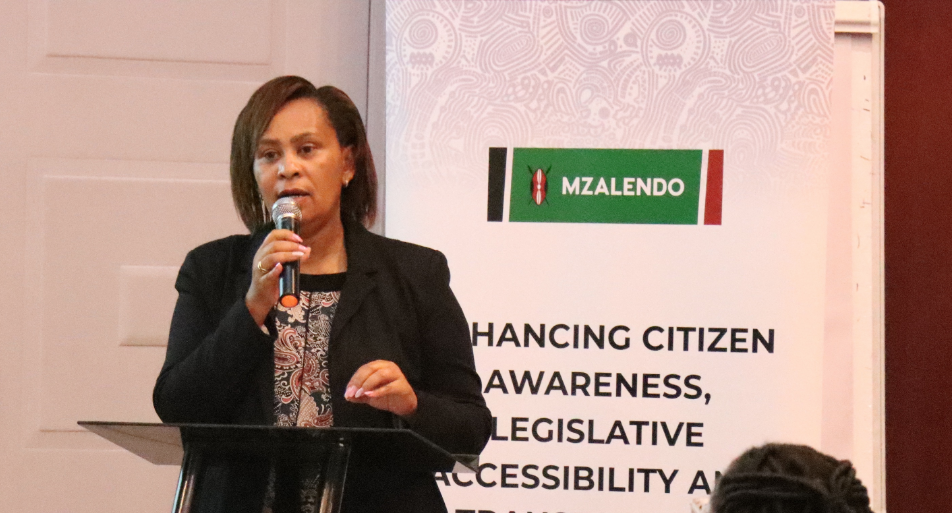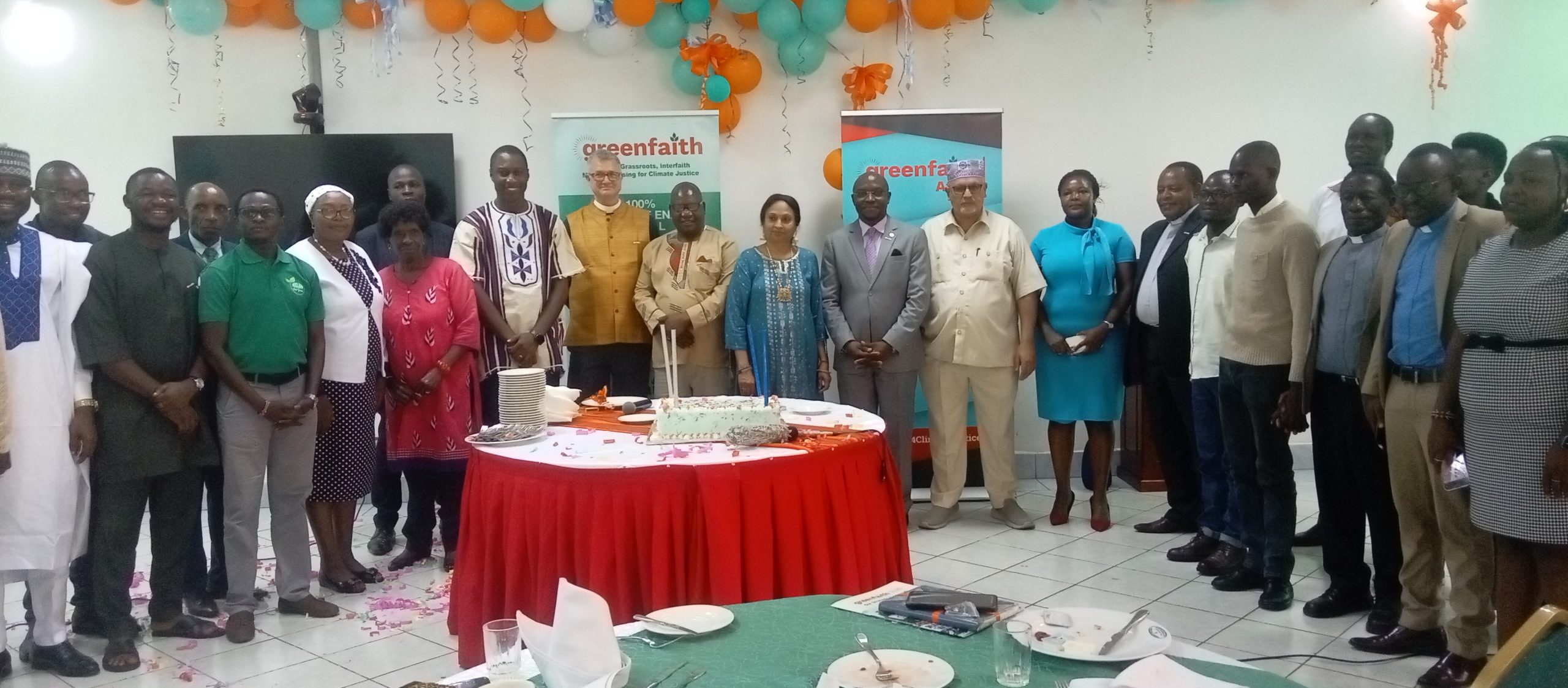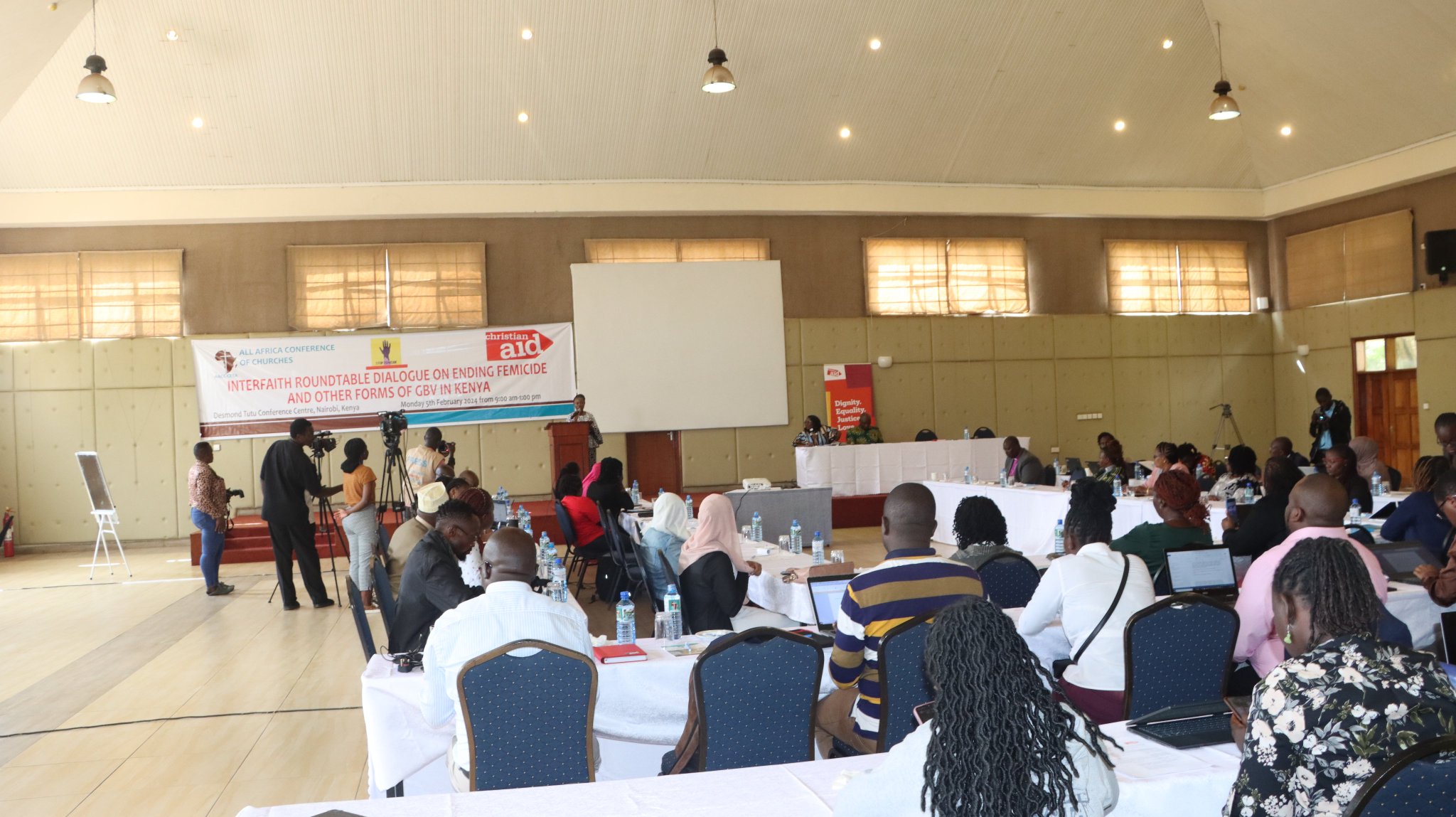By Eddah Waithaka
A newly launched report by Mzalendo Trust has highlighted significant gaps in the capacity of County Assemblies to fulfill their oversight responsibilities effectively, raising concerns about the state of local governance in Kenya. Titled ‘Eye on County Assemblies: A Study on the Performance of County Assemblies Oversight Functions, a Decade Later,’ the report, which surveyed all 47 counties, presents a mixed picture of progress since the devolution of power.
While some assemblies have made strides in promoting accountability, many still struggle with resource limitations and inadequate training, hindering their crucial role in monitoring county expenditures and upholding democratic standards.
The report emphasizes that county assemblies are significantly hampered by a lack of capacity, particularly in crucial auditing processes and in holding county executives accountable. It highlights the difficulties assemblies encounter when trying to summon key county officials—such as governors and County Executive Committee members (CECs)—to respond to inquiries or provide explanations for budgetary decisions. Many assemblies report frequent delays and, at times, outright dismissal of their summonses, which undermines their authority and ability to conduct effective oversight.
Speaking at the launch, Mzalendo Trust Executive Director Caroline Gaita said, “While the Parliament has strong powers to oversee the Executive, this oversight is often undermined at the county level due to limited resources and insufficient legal backing.”

Read Also :https://switchmedianews.wordpress.com/2024/11/06/government-launches-safe-space-campaigns-to-combat-gender-inequality-and-femicide/
In addition, Baringo County Assembly Speaker Vincent Kemboi pointed out that, despite county assemblies possessing the same constitutional powers as Parliament, this alignment is not always observed in practice. He also emphasized that a significant obstacle they face is the lack of financial independence, which hampers their ability to operate effectively.
“Often, county executives deliberately delay the disbursement of funds to frustrate oversight, which puts MCAs in a difficult position where they must choose between advocating for citizens’ interests or ensuring their own salaries are paid on time,” Kemboi said.
Kemboi stated that many county assemblies lack both the budget and the professional expertise needed to hire qualified consultants for thorough evaluations of projects and policies. “Without the capacity to analyse issues independently, MCAs are left vulnerable to manipulation by the executive,” he added.
The report emphasizes the urgent necessity for ongoing capacity building for Members of County Assemblies (MCAs) and their support staff. It cautions that without adequate training and resources, the effectiveness of oversight will be compromised, which could ultimately weaken the very principles of devolution.
“Devolution was meant to bring government closer to the people, but if county assemblies are not empowered, citizens remain disconnected from the decision-making processes that affect their daily lives,” Gaita said.
Gaita emphasized that the Trust plans to collaborate with a range of stakeholders, including the Senate, the Council of Governors, and the County Assemblies Forum, to put the report’s recommendations into action. She highlighted that implementing these recommendations will ensure that county assemblies are adequately resourced, equipped, and empowered to perform their oversight responsibilities effectively.






